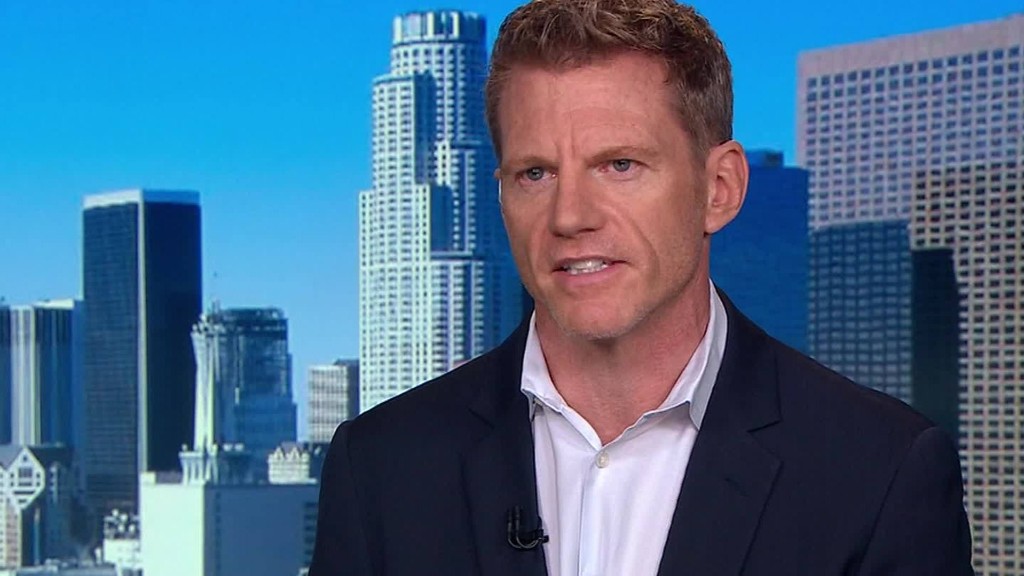
Don't let his preppy looks, executive title and Harvard pedigree fool you, Zevia CEO Paddy Spence was not born with a silver spoon in his mouth. Far from it.
Along with his two brothers, Spence was raised by his single mother in a poor neighborhood in Cambridge, Massachusetts. Her selfless devotion and dogged fight to give her sons the best education possible were instrumental in helping Spence land a full scholarship to a prestigious private elementary school and then into the boarding school it fed into during his high school years.
But he also remembers watching his mother struggle to get by and being chided by the headmaster of his school for wearing secondhand jeans with knee patches -- the only type of jeans he'd ever worn.
Spence put himself through Harvard and Harvard Business School with scholarships and a job sorting packages at UPS. After graduating from Harvard Business School with his MBA in 1991, he became vice president of sales for Kashi at age 25. Four years later he left to start SPINS, which tracks and analyzes retail sales and other consumer marketing data for the health and wellness industry. He sold the company in 2004 and became president of Levlad, a personal care manufacturer known for natural shampoo and soap brand Nature's Gate.
Five years ago, Spence and two executives from Levlad, bought Zevia, a company that makes naturally sweetened sodas using Stevia. Spence is now 48 and Zevia is now one of the fastest growing brands of diet soda in America, according to SPINS.
This is Spence's American Success Story:
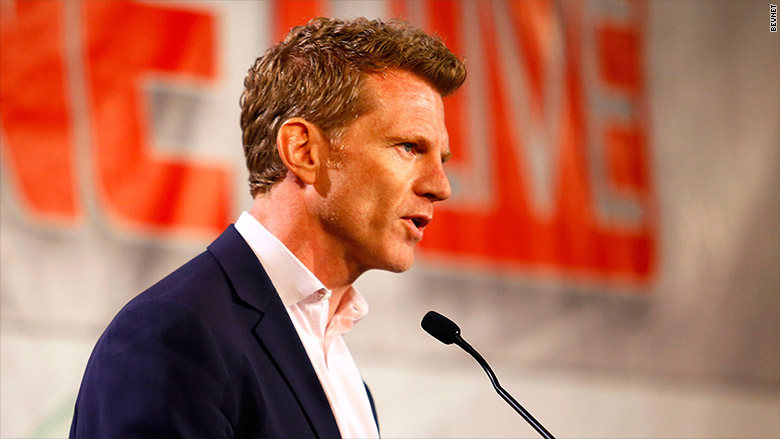
1) What was life like growing up?
I grew up in Cambridge, Massachusetts, with a single mom who worked in office jobs and cleaned houses for a living. My mom was incredibly devoted, and spent most of her energy working to provide opportunities for me and for my brothers.
Two memories that stand out, and illustrate the depth of her commitment: 1) when I was 8 years old and a huge Boston Red Sox fan, she camped out and slept on the sidewalk to get tickets for us to attend the 1975 World Series; and 2) even though we were on a tight budget, my mom made every effort to serve us organic and healthy foods.
Things like this made me feel that, regardless of what we didn't have, we could define for ourselves what was important and go after it. This was also an early inspiration for my later career in the natural food and beverage industry.
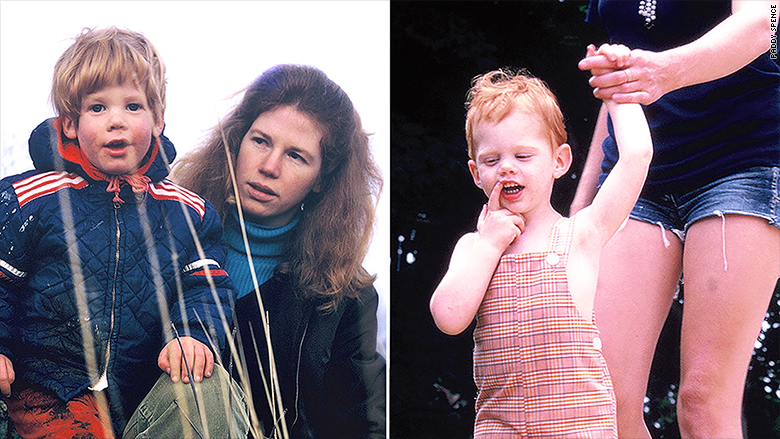
2) Please describe how your family fit into the neighborhood where you grew up.
Cambridge has some of the wealthiest zip codes in the state of Massachusetts, as well as some of the poorest. So I was exposed to extremes growing up. And Boston in the 1970's was a largely segregated city, so in addition to significant socioeconomic divisions, there was intense racial tension. We lived halfway between the two worlds, and I was exposed to those differences on a daily basis.
At an early age, I was fortunate to receive a scholarship to a local private school, and while the economic differences between me and my classmates were apparent, I did my best to ignore them.
However, I distinctly remember being in fourth grade, when the principal pulled me aside and asked me not to wear pants with patches to school. My mom had bought all of my pants secondhand, with patches, and I recall looking at him blankly, confused as to how I'd possibly obtain brand new jeans.
That was hurtful, and made me realize how unfair it was to single people out based on what they had or didn't have. At the same time, I was aware even then that what I experienced as a young white male was nothing like what people of color dealt with on a daily basis.
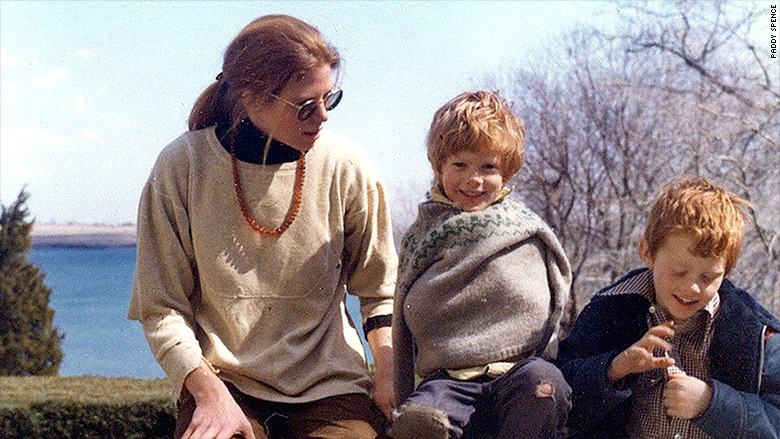
3) What was the biggest hurdle you ever encountered?
From a young age, it was clear that I was going to have to earn my own money, or go without it. That was just my reality, so I didn't view it as a hurdle.
At age 9, I began delivering newspapers, and when I was 12, I started a landscaping business with my best friend that we operated through high school. Those were pivotal experiences, because I quickly learned how to deal with rejection. In life, as well as in business, getting doors slammed in your face is just part of the process, and it's all about moving on and finding the next opportunity.
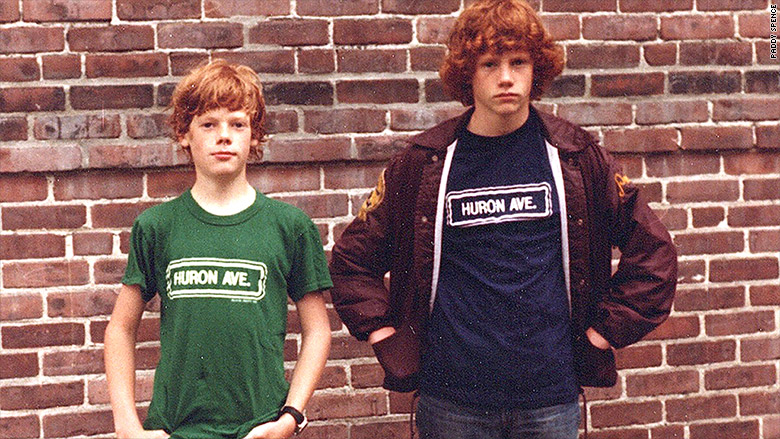
4) Do you think you were given fewer opportunities to get ahead than other successful people?
I personally believe that many times, "opportunities" are offered to a young person with strings attached. Sometimes, that can be as subtle as an expectation that you will pursue a specific path, or go to a certain school.
In my case, the limitations of our family's resources were accompanied by a lack of expectations: my mom was always clear that she'd be proud of me no matter what I did, or what I became. That was freeing, and allowed me to forge my own path without anyone telling me what to do. The cliché is that adversity builds character, but I found that adversity can create freedom.
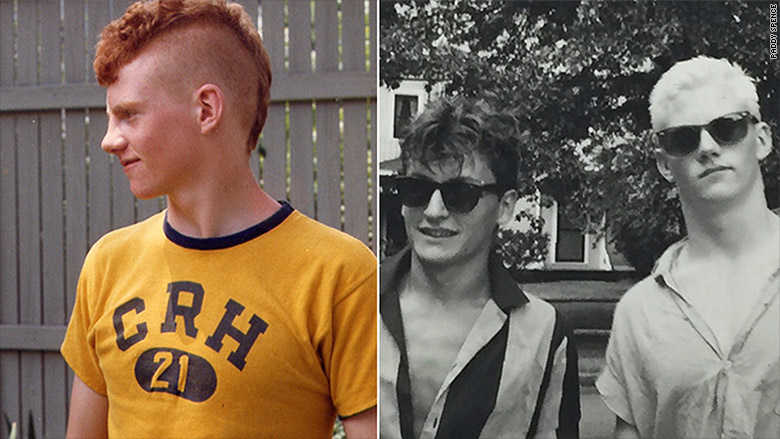
5) Do you think you had to work harder than most of your peers?
Early on, I learned that I performed best when struggling to keep up with other, more talented kids, and started seeking out the toughest competition I could find, whether at school, in sports, or whatever.
As a result, I was always forced to work extra hard to keep up, and in retrospect I think that was helpful. One of my best friends in sixth grade was an academic prodigy, and wrote a 50-page term paper; I remember wondering to myself how I could ever live up to that, and that desire to keep up drove me to work harder.
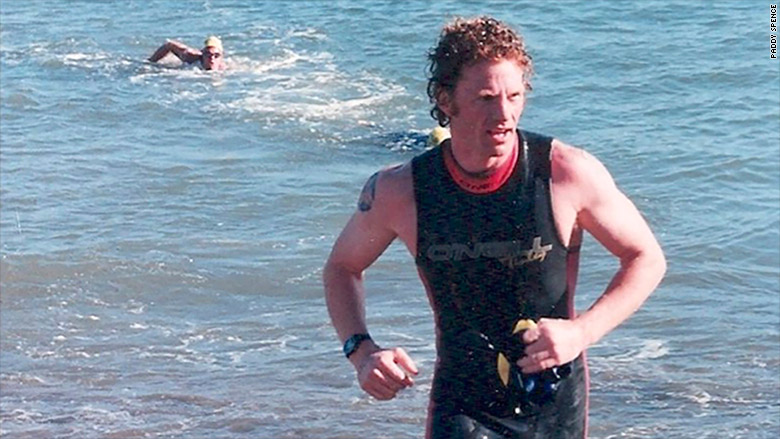
6) What was your "big break"?
Academics was my path to success growing up. I fell into studying Latin and ancient Greek, both because I had a knack for those languages and also because they were unusual and thus, interesting to colleges. This allowed me to get a scholarship at Harvard and complete my undergraduate studies in three years.
What I hadn't thought about was what I would do with my degree in Classical Languages after I graduated. Trying to get job interviews with no corporate work experience and that esoteric degree was challenging to say the least.
I had worked nights at UPS for three years to put myself through school. And while being a Teamster didn't seem like an interesting background for potential employers, I fortunately connected with a professor at Harvard Business School who had just taken a year off to study UPS. We hit it off right away, as he understood the unique value of that ground level experience, and I worked with him for two years.
That experience, and his willingness to take a chance on a kid who had sorted packages, but never used a spreadsheet, led to me getting my MBA at Harvard Business School. It also taught me that whatever your circumstance, you can find people who have shared experiences and find ways to collaborate with them.
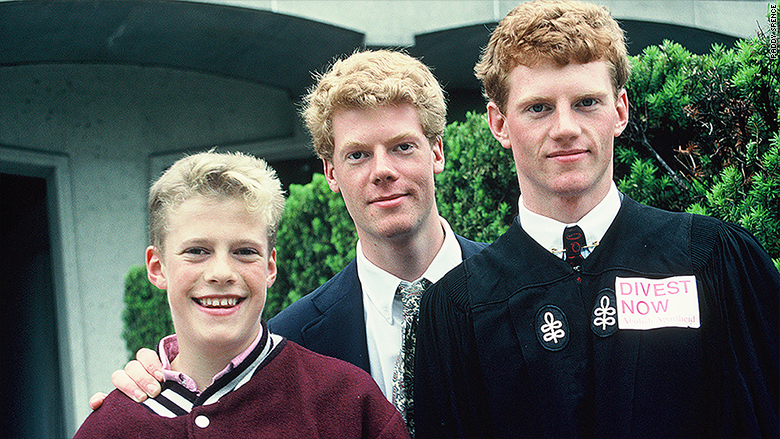
7) Who is the one person that helped you get where you are today?
For me, it was really two people. My mother Claire was instrumental in getting me where I am today, and my wife Jerra has kept me on track during the past 15 years, through the ups and downs of an entrepreneurial career. What these two amazing women share is a supportive, accepting approach, as well as an appreciation for the everyday moments that make life so special. They both embrace unconventional ways of doing things, and encourage me to bend the rules.
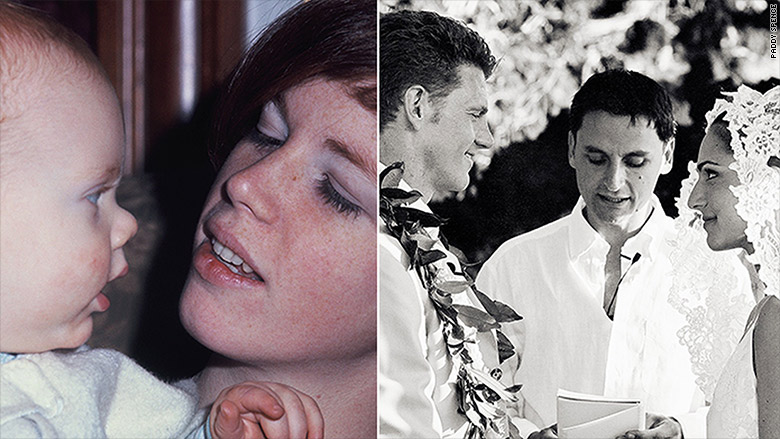
8) What's the one thing you do every day that helps you achieve your goals?
Throughout the day, I try to remain grateful for what I have, and what I'm fortunate to experience, and that keeps me focused. In 1995, my brother Colin, with whom I was very close, died unexpectedly in an on-the-job automobile accident. He was only 26, and that loss forever changed me, and my outlook on life.
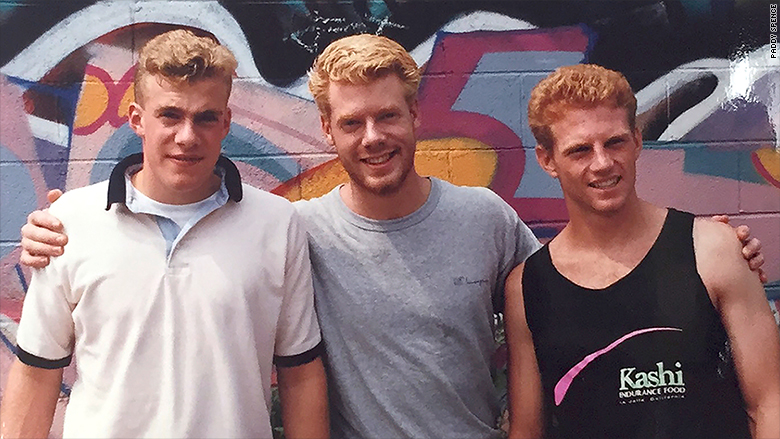
When everything can be taken away in the blink of an eye, things like going bankrupt or losing a job seem trivial. Similarly, so much of what we all do is in pursuit of things that don't ultimately matter, whether it's money, houses, cars or simply the approval of others. By remaining focused on the things that matter the most to me -- my family, my friends, and my health -- I am able to keep my priorities in check and enjoy the brief time I have here on Earth.
9) How do you define success? And do you think you have achieved it?
Growing up in an environment of economic uncertainty, I have come to view stability as synonymous with success. If I can have some control over my schedule, enough money to live healthily, and most importantly, the ability to spend time every day with my wife and kids, I've achieved success.
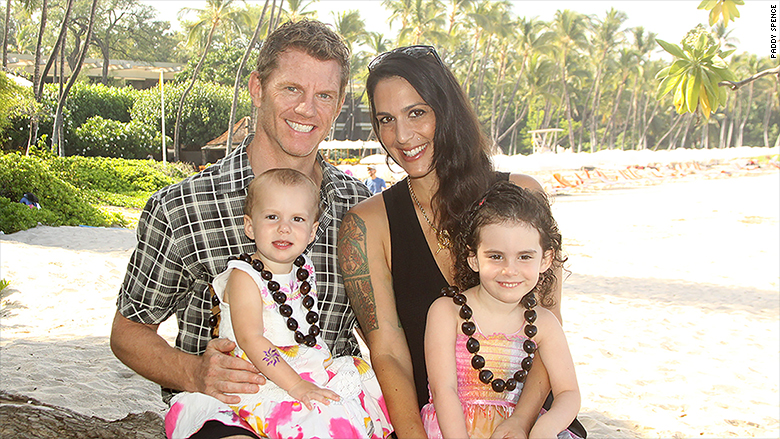
10) What's the riskiest thing you've ever done to get ahead and would you do it again?
Starting a company and fighting for smarter food options for consumers against large, established competitors is the riskiest career move I have made because there was no clear path to success.
I had to make it up as I went along, and fortunately it turned out well. It was exhilarating because of how challenging it was, and I quickly came to love being the scrappy underdog. It makes me excited to start every day.
Nina Vaca: Daughter of immigrants now runs a $650 million firm
From food stamps to directing a $24 billion powerhouse for good


